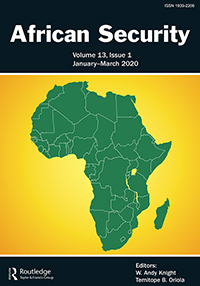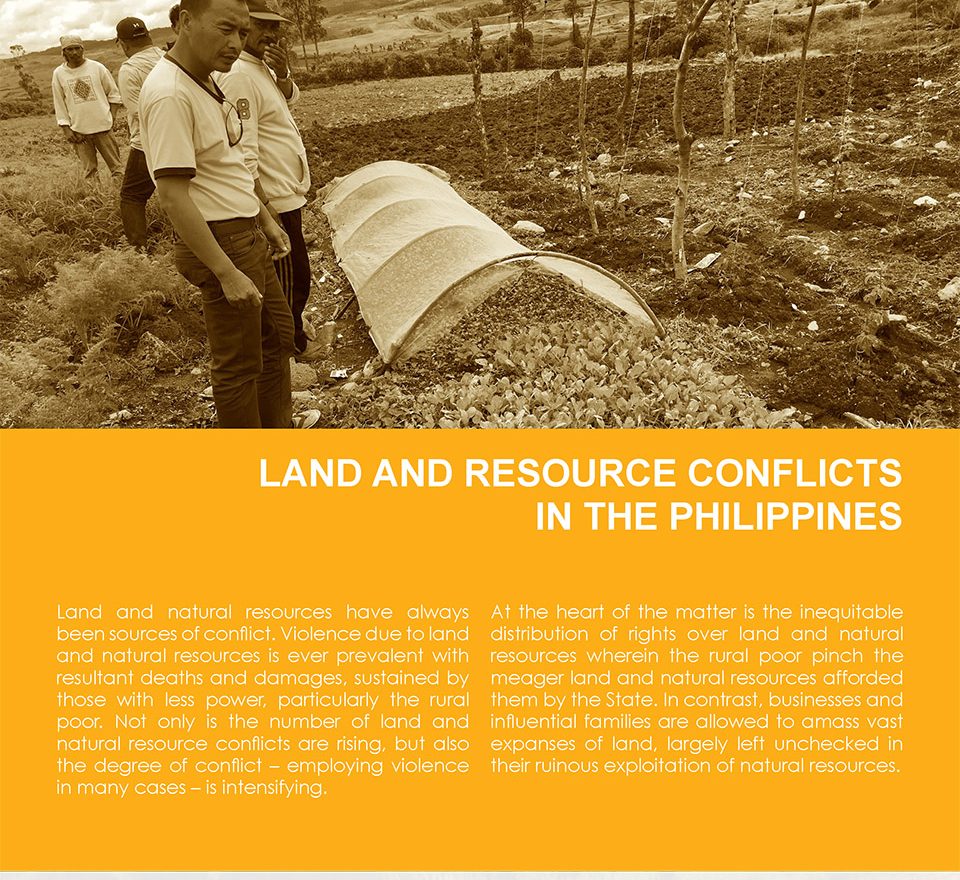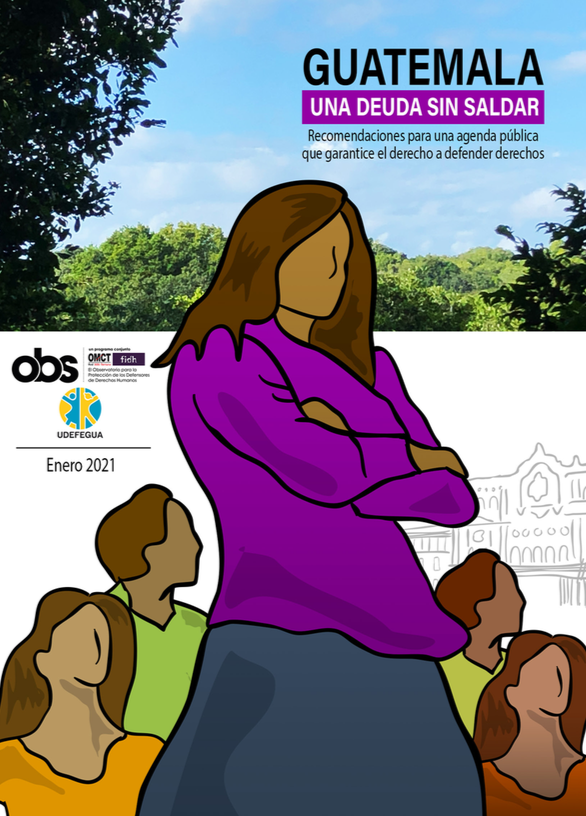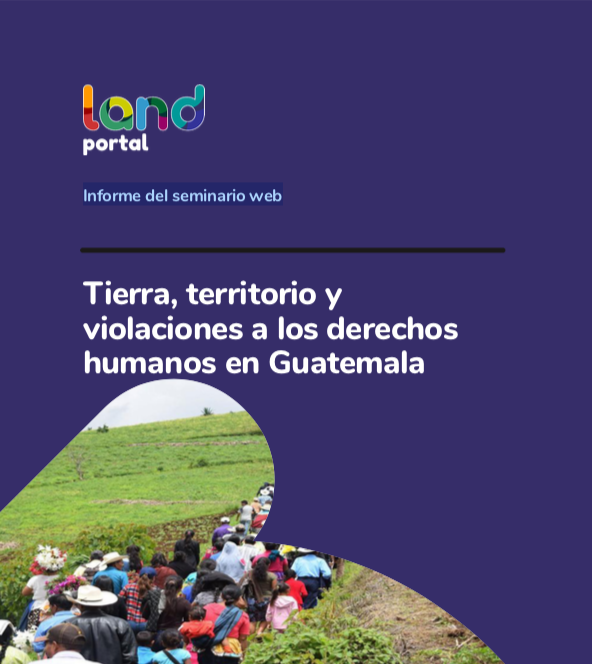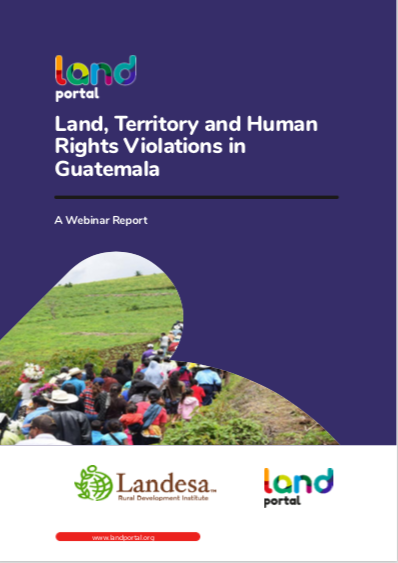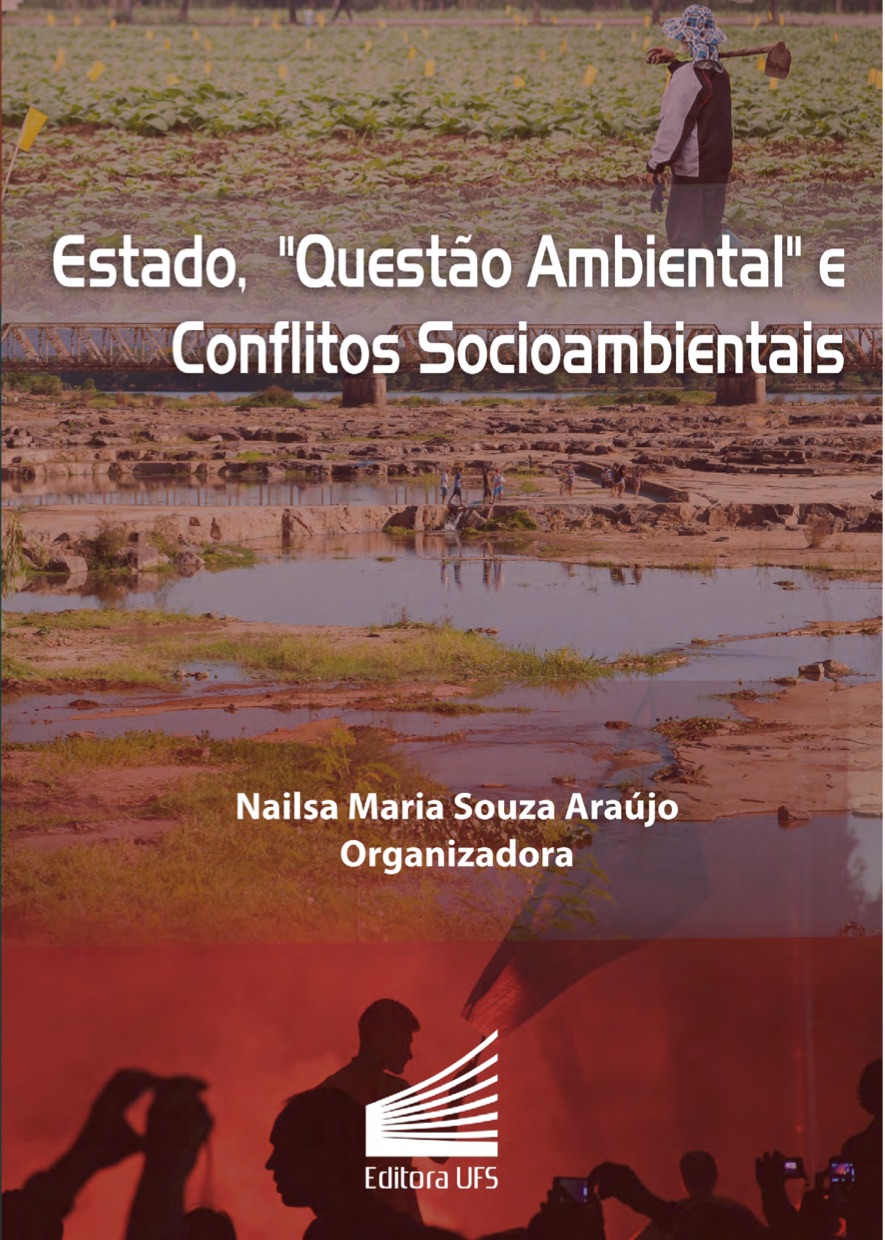Threats of Statutory Tenure on Customary Land in Zambia: Evidence from Chamuka Chiefdom in Chisamba District
This chapter investigated threats of statutory tenure on customary land. The study was primarily qualitative in nature and adopted a case study approach. Using evidence from Chamuka Chiefdom in Chisamba District, Central Province, the paper concludes that there are various threats of statutory tenure on customary land. These include traditional leaders losing control over land, displacements, land disputes, investors acquire more land than what is demarcated to them by traditional leaders, traditional leaders’ not consulting their community members, corruption, and tenure insecurity.



